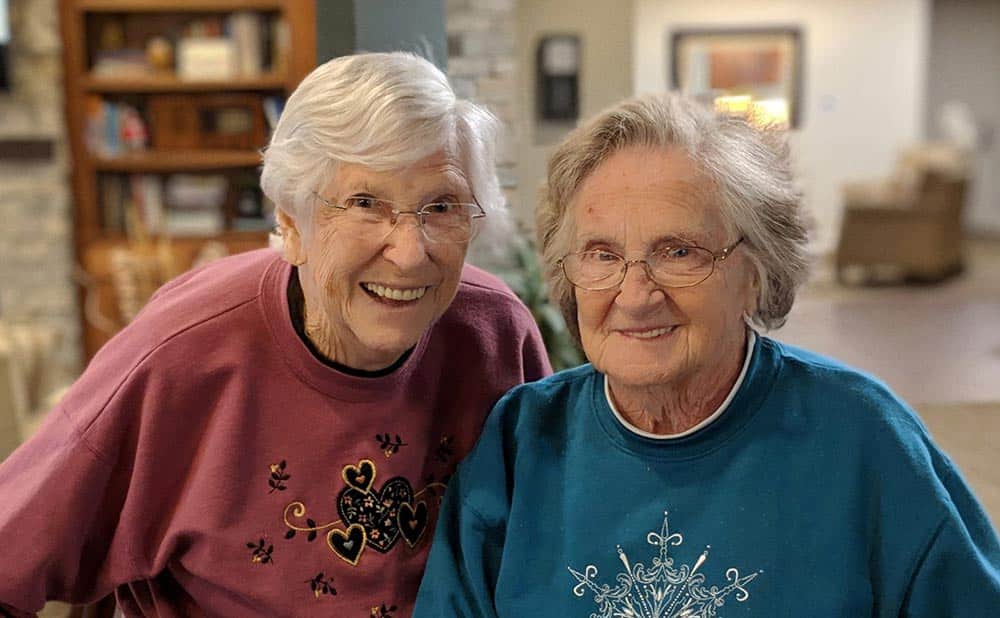We see families working together as a team and we also see families in serious conflict over what is best for their parents. With that in mind, here are some helpful tips for assisted living decisions.
It never fails. A family unit is united in a decision until one member voices an objection.
This scenario is not unusual when making decisions about Assisted Living or Senior Care. Family dynamics become a major force to deal with.
It is difficult enough for an Elder to make a major transition like moving into a Senior Living Community, but the kids may have their own issues in dealing with change.
Some Common Roadblocks For Adult Children May Be:
- A history of sibling conflict or one dominate sibling that tries to take charge
- Not being fully aware of their parent’s home condition because some of them are not physically present
- Letting go of their childhood memories of home and embracing the necessity of change
- Being in denial about the parents failing health status
- Underestimating the time another sibling is spending caring for their parent
- Financial concerns or trying to preserve an estate for their own advantage
How Can We Approach The Conflict And Focus On What’s Best For The Parents?
Although the conversations can be difficult, it becomes imperative that the siblings do their best to put their own interests aside and focus on the important issues.
It helps if we view the family as a circle of individuals with the parent(s) in the middle of the circle– all of the attention and decision making should go inward.
It is best to get all of the siblings together at one time, but it may need to be handled with a conference call. Clear communication is key.
Everyone should have an equal opportunity to express their thoughts and concerns, although the siblings that are closest to the parent’s situation should be allowed to express what they are seeing on a first-hand basis in the home.
A List Of Open-Ended Questions Might Be Helpful In The Conversation:
- If Mom stays in her home alone, what are the safety issues?
- How much time is being spent by outside resources to care for Dad?
- Is Mom eating well, taking her medications, getting out of the house?
- Who is providing those services and what are the costs both financially and emotionally?
- If Mom continues to care for Dad at home does it create health risks for her?
- What environment will allow Dad to live out his life in the best possible way?
- Does Mom have enough social interaction to ward off depression?
- What are the possible solutions to these issues?
Having a sibling responsible for keeping a list of pros and cons can help keep everyone on track.
Benefits Of Getting On The Same Page
It is difficult enough for the elder to make a move, but to have the children in conflict makes it much more traumatic. They are truly caught in the middle.
Conflict delays the ultimate transition timeline. How many times have we seen kids arguing about the decision and in the meantime one of the parents has a bad fall and lands in the hospital? The move then becomes an emergency and imperative.
Adult Children Find Themselves In A Role Reversal
At times such as these, it becomes apparent that the children are now acting as the parent. And just as we do for our own kids, we put their interests first and think logically about what is best for them. We want our children to continue to grow and lead meaningful lives, the same is true for our parents.
It takes objective thinking and moving away from the emotions that are obviously at play. Change is imperative to continue to live a full life and parents deserve all of the support they can possibly receive from family. Getting on the same page is the most important thing, and hopefully these tips for assisted living decisions are helpful.
Contact The Piper to discuss assisted living decisions today.

